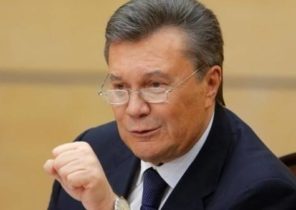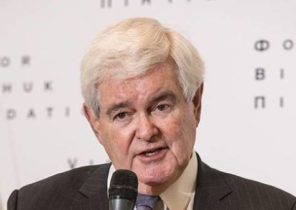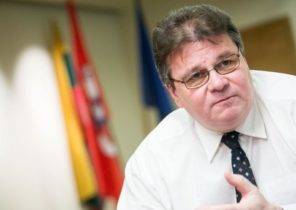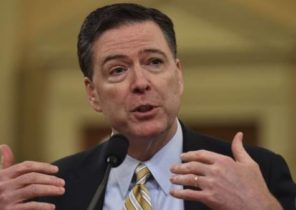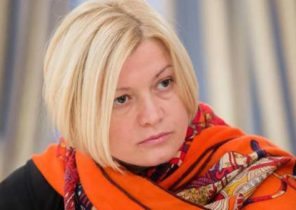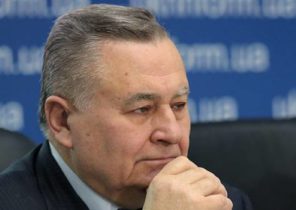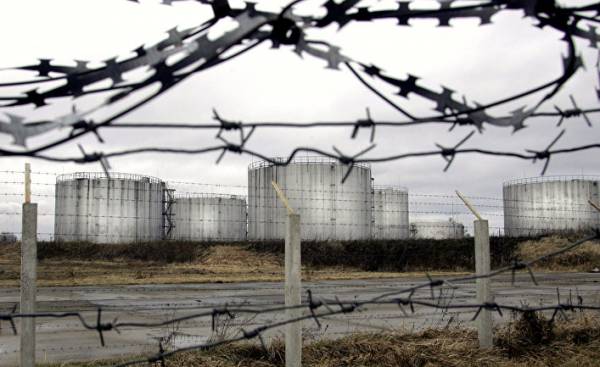
More than half of Russians are against granting the Belarusians discounts for oil and gas, and the friendly Russian state called Belarus only 40% of Russians. It is the failure of the strategy of Alexander Lukashenko in relations with Russia. Add to that that 78% of Russians are in favour of the introduction of visas for Belarus because Minsk imposed a visa regime for citizens from 80 countries.
All this — the results of the survey, which in early February held the state all-Russia centre of studying of public opinion. Published on Thursday the results were a tub of cold water for the Minsk authorities. In recent years, Lukashenka is constantly in conflict with the Kremlin, demanding for their loyalty to a special relationship.
Belarus indeed has more than 20 years to get oil and gas at a reduced rate, however, Moscow began to limit the size of their subsidies, demanding from Lukashenka that he actively supported it in the international arena, but also created favorable conditions for Russian business in the country. Meanwhile, for every best Moscow Minsk step exposes a new account. In the end, the Russians were on the verge of a trade war with Belarus.
However, Lukashenko has always combined battles with Moscow with concern about their image in the eyes of ordinary Russians. In spite of the jeers of his compatriots, the Belarusian President personally took the Russian governors, relying on direct contacts with local Russian elites. Each year, the presidential administration organized a big press conference for the local Russian media, which allowed Lukashenko to convey your ideas to the most remote regions of Russia.
He represented the Russian public Belarus in the image a kind of “little Russia” with the usual Soviet symbols and the usual (Russian) culture. The country, which unlike its prototype favorably disposed to a citizen, has good roads and safe cities, and at the same time devoid of oligarchs and bandits. The Belarusian leader stressed that Pushkin is and its national prophet. Any conflicts with Moscow Belarusian propaganda was explained by the resistance to the Russian oligarchs, not the Kremlin.
These words struck a chord in the soul of Russians. For many years Lukashenka was the most popular foreign politician in Russia. The Russian public will never understand radical steps against an ally, repeated the chorus of Pro-Kremlin experts. Lukashenko used this credibility and led with Putin a tough negotiation.
A sharp change of mood in Russia may be caused by two reasons. Awakened by the war in Ukraine, Russian nationalism clearly divides the world into “us” and “them”, and can not accept Lukashenko with his balancing act between Moscow and the West. In addition, in times of economic crisis, nobody wants to generously help even the closest allies.
If the next polls show that the mood of the Russians remains the same and turn into a trend, this may influence the position of the Belarusian elites. In the XX century Belarus twice attempted to escape from the Russian embrace: in 1918, when it was proclaimed the Belarusian people’s Republic, and in 1991, when the wreckage of the Soviet Union there was an independent state. Every time these events occurred against the background of a deep crisis of Russia, where she focused on domestic issues. Now Moscow was faced with economic difficulties, however, her Imperial thinking flourished. All this can persuade Minsk resolve to reorient its policy to the West.

